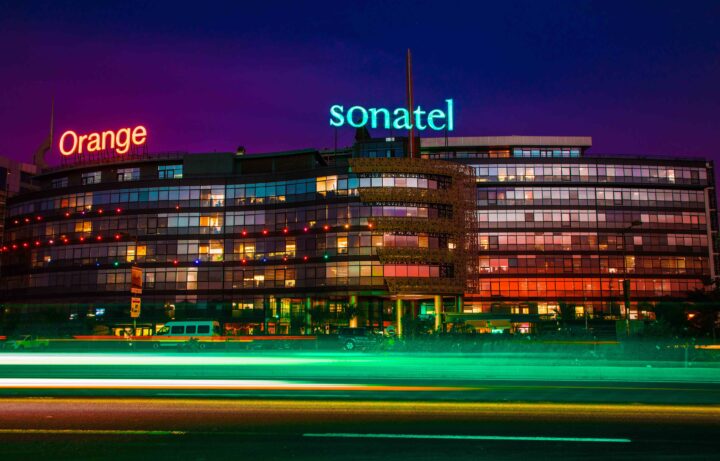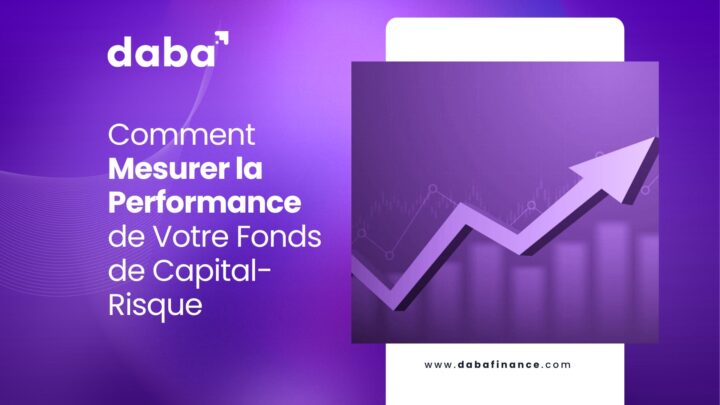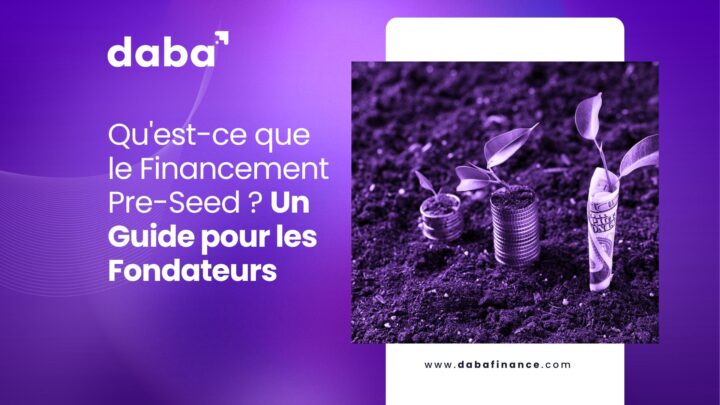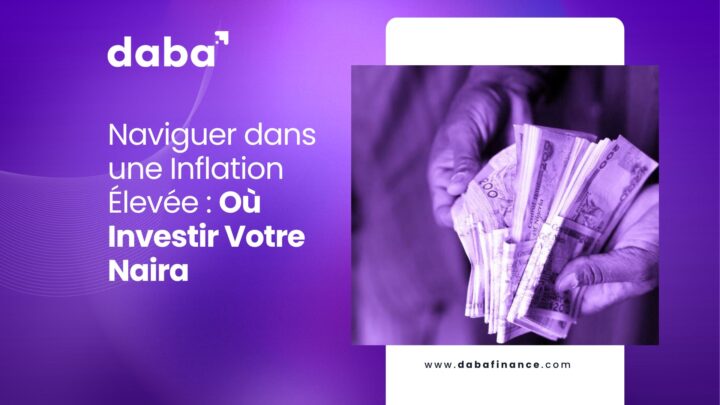L’industrie des télécommunications en Afrique de l’Ouest francophone évolue rapidement, offrant de nombreuses opportunités aux investisseurs.
Avec ses actions cotées à la Bourse Régionale des Valeurs Mobilières (BRVM), le rapport financier Q1 2024 (janvier à mars) du Groupe Sonatel met en lumière plusieurs raisons convaincantes pour considérer ce secteur.
Voici un examen détaillé des principaux points positifs qui font de l’investissement dans l’industrie des télécommunications un choix judicieux.
Forte Croissance Financière
Croissance du Chiffre d’Affaires : Sonatel a rapporté une augmentation de 10,6% de ses revenus, reflétant une forte demande pour les services de télécommunications. Cela indique un marché sain et des stratégies robustes d’acquisition de clients.
Croissance de l’EBITDA : L’EBITDA de l’entreprise a augmenté de 16,7%, démontrant une rentabilité améliorée et une efficacité opérationnelle accrue. Cela montre clairement que Sonatel gère efficacement ses coûts tout en améliorant ses flux de revenus.
Amélioration du Résultat Net : Avec une augmentation de 22,1% du résultat net, Sonatel affiche une forte croissance du résultat net. Cette amélioration souligne la capacité de l’entreprise à optimiser ses revenus et à maîtriser ses dépenses.
Expansion de la Base Clientèle
Clients Mobiles : La base de clients mobiles de Sonatel a augmenté pour atteindre 40,7 millions, soit une augmentation de 6,2% par rapport à l’année précédente. Cette croissance souligne la demande croissante pour les services mobiles et la pénétration efficace du marché par l’entreprise.
Utilisateurs 4G : On a observé une augmentation significative de 29,9% des utilisateurs actifs de la 4G, reflétant l’adoption réussie des technologies mobiles avancées. Cela positionne Sonatel comme un leader dans la fourniture de services Internet mobiles haute vitesse.
Large Bande Fixe et Fibre : Sonatel a enregistré une croissance substantielle de ses clients de large bande fixe (24,7%) et de fibre (58,5%). Ce succès dans l’expansion des services Internet haut débit présage bien pour les futurs flux de revenus.
Avancées Technologiques
Lancement de la 5G : L’introduction des services 5G au Sénégal marque une étape importante pour Sonatel. Cela positionne l’entreprise à l’avant-garde de l’innovation en télécommunications, offrant le potentiel de nouveaux flux de revenus à la fois pour les segments grand public et entreprise.
Forts Indicateurs Opérationnels
Abonnés Orange Money : Sonatel a rapporté une augmentation de 17,8% des abonnés Orange Money, soulignant la croissance des services financiers mobiles. Ce secteur est lucratif avec un fort potentiel de croissance, offrant une base de revenus diversifiée.
Investissements Stratégiques
eCAPEX : L’augmentation des investissements dans l’infrastructure, avec une hausse de 15,8% de l’eCAPEX, témoigne de l’engagement de Sonatel à étendre et à améliorer ses capacités réseau. Cela assure une croissance et une compétitivité à long terme sur le marché.
Position sur le Marché et Environnement Réglementaire
Leadership en Mobile Money : Les efforts pour retrouver le leadership d’Orange Money au Sénégal soulignent la forte présence de Sonatel sur le marché et son focus stratégique. Cette domination est cruciale pour une croissance et une rentabilité durables.
Ajustements Réglementaires : La réduction de la taxe sur les données de 5% à 3% au Sénégal constitue un changement réglementaire positif. Cette ajustement devrait améliorer la rentabilité et la dynamique du marché, rendant le secteur des télécommunications plus attractif pour les investisseurs.
Résilience Face aux Défis
Adaptation aux Conditions du Marché : Malgré une crise énergétique et des restrictions Internet, Sonatel a fait preuve de résilience et de croissance continue. Cela démontre la capacité de l’industrie des télécommunications à s’adapter et à prospérer dans des environnements difficiles.
Expansion Régionale et Stabilité
Expansion du Marché : La présence de Sonatel dans plusieurs pays d’Afrique de l’Ouest offre une base de revenus diversifiée, réduisant la dépendance à un seul marché. Cette diversification régionale renforce la stabilité et les perspectives de croissance.
Stabilité Politique et Économique : Les transitions démocratiques et la stabilité politique dans des marchés clés comme le Sénégal réduisent les risques géopolitiques, faisant du secteur des télécommunications une option d’investissement plus sûre.
Conclusion
La performance de Sonatel au Q1 2024 illustre l’immense potentiel de l’industrie des télécommunications. Avec une forte croissance financière, une base clientèle en expansion, des avancées technologiques, des investissements stratégiques, des changements réglementaires positifs, une résilience et une diversification régionale, le secteur des télécommunications présente une opportunité d’investissement convaincante.
Pour les investisseurs cherchant à tirer parti d’une industrie dynamique et en croissance à travers le marché boursier, c’est le moment de considérer les télécommunications et Daba offre la bonne plateforme pour accéder à cette opportunité.








